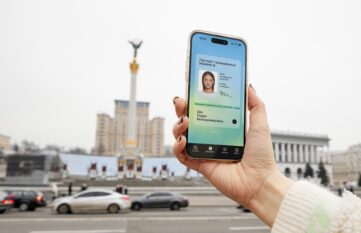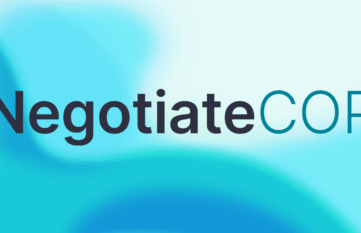Newsticker, Facebook, WhatsApp and Twitter comments: Digital transformation is creating new spaces that enable millions of people to get information online, engage in discussions and exchange opinions. In this way, digitization opens up the opportunity for them to realize their rights to freedom of expression, freedom of assembly and access to information. For governments and administrations, digital technologies offer a wide range of opportunities to reform the public sector and improve access to services.
At the same time, new risks emerge: Lack of access and education can exclude entire populations from digital development. Digital tools and technologies can be misused for authoritarian and repressive purposes, such as monitoring and restricting privacy and freedom of expression. Fake news, hate speech, and the targeted spread of disinformation can influence elections and the shaping of public opinion. In cybersecurity, threats include cybercrime and cyberattacks on critical public infrastructure, as well as data theft and espionage.
Dependence on large tech companies continues to increase. In the context of the autocratization observed in all parts of the world, there are also strong state interests in controlling access to and use of the internet. Promoting a free, secure, and open internet, interweaving digital with analog participation formats, and fostering digital skills and literacy can help mitigate risks and challenges and achieve an inclusive digital future for all.






